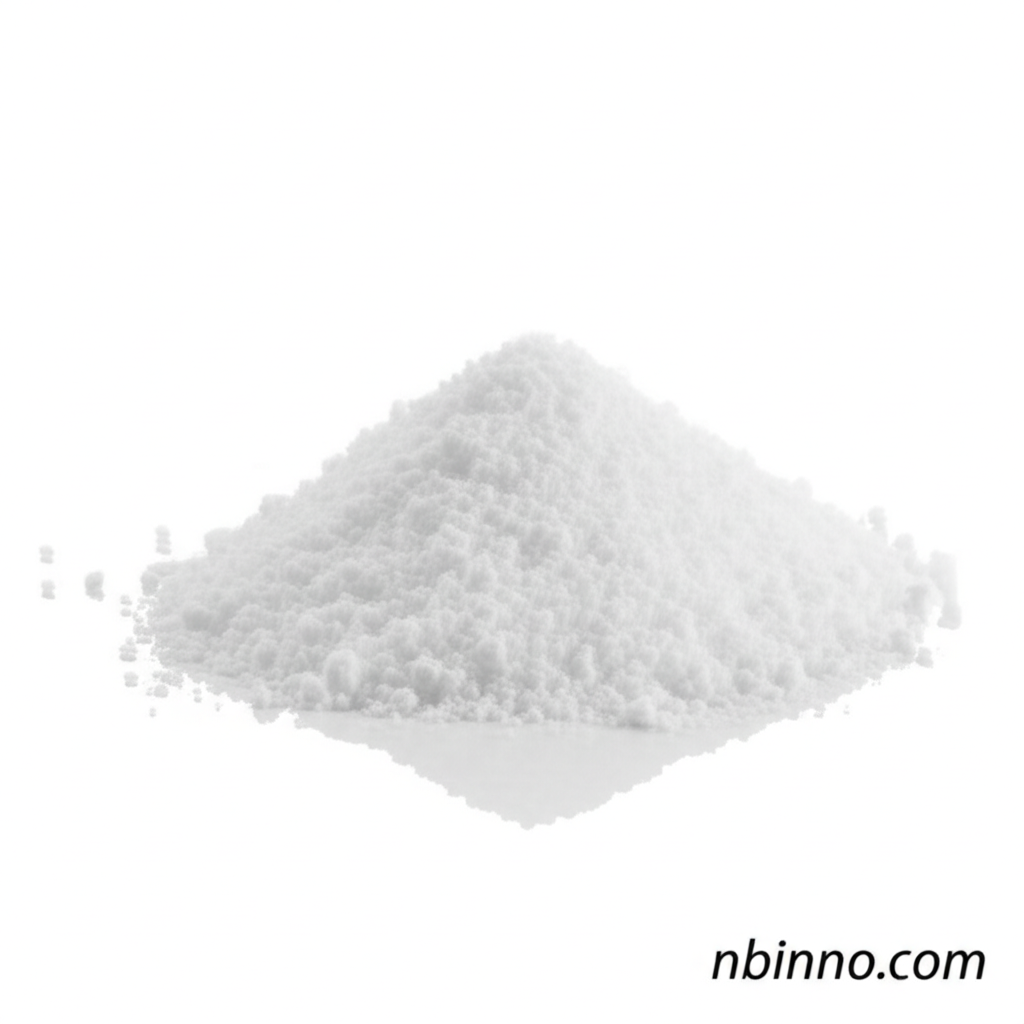Understanding Lidocaine Hydrochloride: Properties, Applications, and Safety Considerations
Explore the multifaceted world of Lidocaine Hydrochloride, from its chemical structure to its vital role in modern medicine.
Get a Quote & SampleProduct Core Value

Lidocaine Hydrochloride
Lidocaine Hydrochloride is a crucial amide-type local anesthetic and Class 1b antiarrhythmic agent, indispensable in numerous medical and surgical procedures. Beyond its primary anesthetic and antiarrhythmic functions, it exhibits significant analgesic, antinociceptive, immuno-modulating, and anti-inflammatory properties, making it a versatile compound in therapeutic applications.
- Lidocaine hydrochloride properties: As a stable, crystalline, water-soluble salt, it is formulated for various delivery methods, including injection and topical application, often with adrenaline to prolong its effects.
- Lidocaine hydrochloride uses: Widely employed for local anesthesia via infiltration, nerve blocks, and topical application, it is also vital in managing life-threatening ventricular arrhythmias.
- Lidocaine hydrochloride pharmacokinetics: The drug is rapidly absorbed and extensively metabolized in the liver, primarily by CYP3A4, with active metabolites contributing to its overall effect.
- Lidocaine hydrochloride contraindications: Its use is contraindicated in patients with known hypersensitivity to amide-type anesthetics and specific cardiac conditions, requiring careful patient assessment.
Key Advantages
Versatile Therapeutic Profile
The lidocaine hydrochloride mechanism of action allows it to block sodium channels, effectively preventing nerve impulse propagation for local anesthesia and stabilizing cardiac electrical activity.
Broad Medical Applications
From routine dental procedures and minor surgeries to managing critical cardiac events, the lidocaine hydrochloride medical applications are extensive and vital for patient care.
Enhanced Safety Profile with Considerations
While generally safe when used correctly, understanding lidocaine hydrochloride side effects and lidocaine hydrochloride drug interactions is crucial for preventing adverse events.
Key Applications
Local Anesthesia
Used extensively for infiltration, nerve blocks, and topical anesthesia in dental and surgical procedures, providing effective pain relief.
Antiarrhythmic Therapy
Crucial in the prophylaxis and treatment of life-threatening ventricular arrhythmias, contributing to cardiovascular patient management.
Pain Management
Beyond surgical anesthesia, its analgesic and antinociceptive effects are explored for chronic and neuropathic pain relief.
Medical Procedures
Facilitates various medical procedures by numbing specific areas, enhancing patient comfort and procedural success, often informed by lidocaine hydrochloride pharmacokinetics studies.
